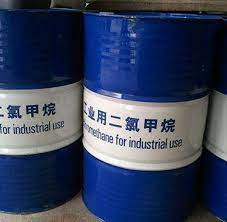Chemical Compounds: The Basics For Beginners
There is a lot of chemistry involved in the world around us, but for many people, it can seem like a complicated, intimidating subject. If that sounds like you, take heart - this article will take you on a journey to understand what chemicals are and where they come from.
What is a chemical compound?
A chemical compound is a mixture of two or more different chemicals, or a substance composed of two or more different elements. Simple compounds like water are called ions, while combinations of several atoms that cannot be broken down any further are called molecules.
Types of chemical compounds
There are two main types of compounds: compounds that are made up of one type of atom (monatomic) and those that have multiple types of atoms. One type of atom can form an insulating molecule called an ionic compound, and the other type of atom makes up a covalent molecule. Ionic compounds are often found in minerals or salts, while covalent molecules occur in organic matter like fruits, vegetables, and animals.
How do chemical compounds change over time?
Chemical compounds change over time because they interact with one another. When a chemical compound changes, it affects other chemicals it interacts with. Some of the ways that chemical compounds change are through heat or water.
How are chemicals external to the human body regulated and controlled?
Chemicals are regulated and controlled by the Environmental Protection Agency, which sets limits for how much of a chemical is allowed in the air, water, or food. People whose job it is to regulate chemicals are called chemists.
Why should you care about chemical compounds?
There are thousands of different chemical compounds. In order to understand how they work and how they are used, it is important that you know what they are and the basics of their function. Some examples of these compounds include: water, sugar, salt, and air. Water is an example of a compound that makes up most of the planet's surface. In fact, water makes up 70% of the earth's surface!
Conclusion
In conclusion, the lifespan of a chemical compound is usually determined by its stability. The more stable a compound is, the longer it will last before breaking down.




Comments
Post a Comment